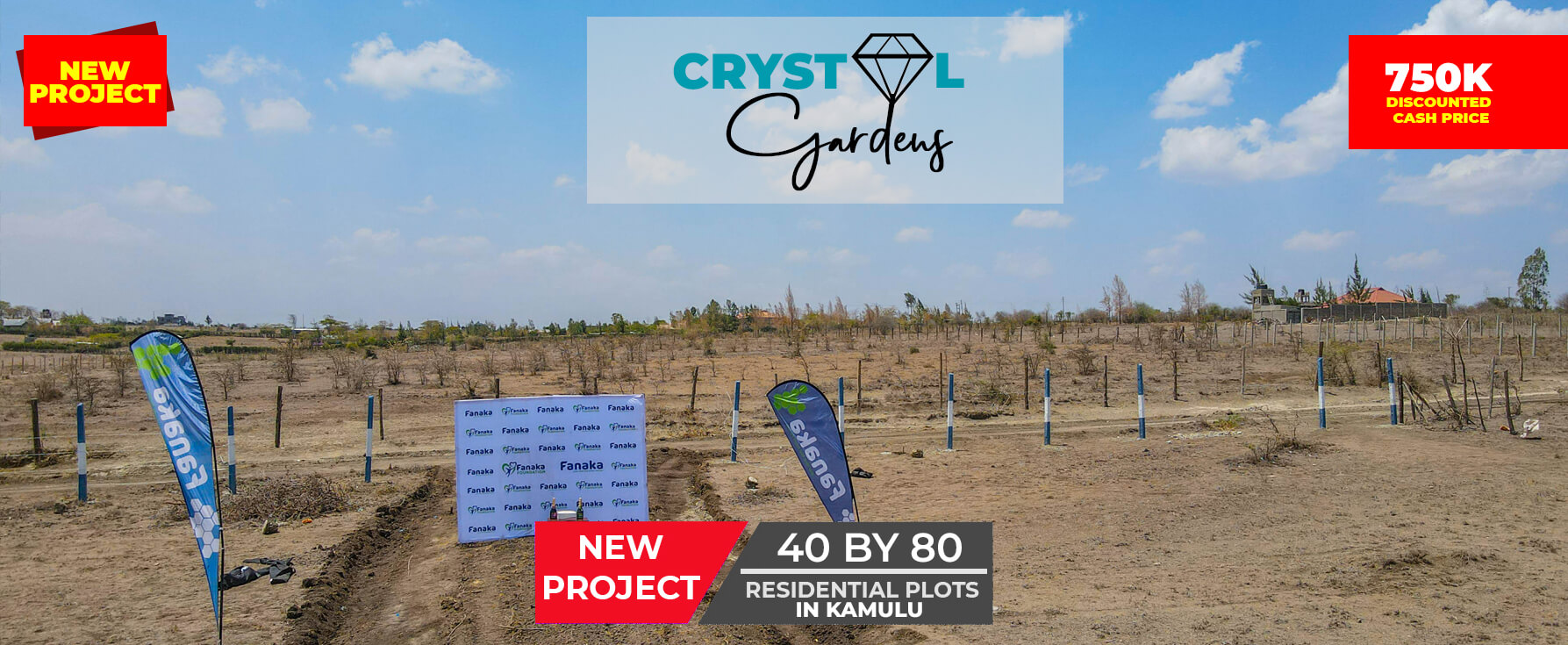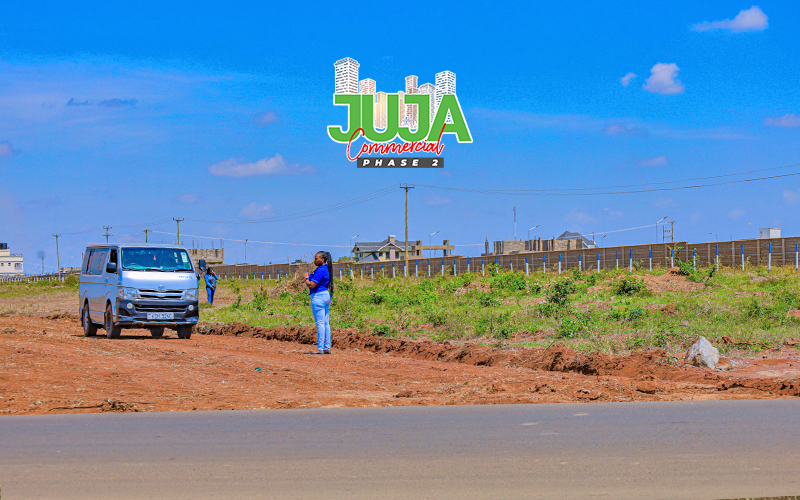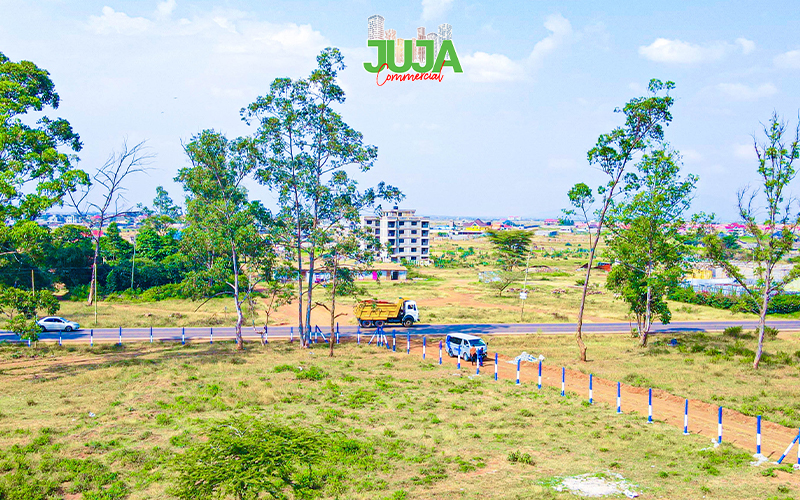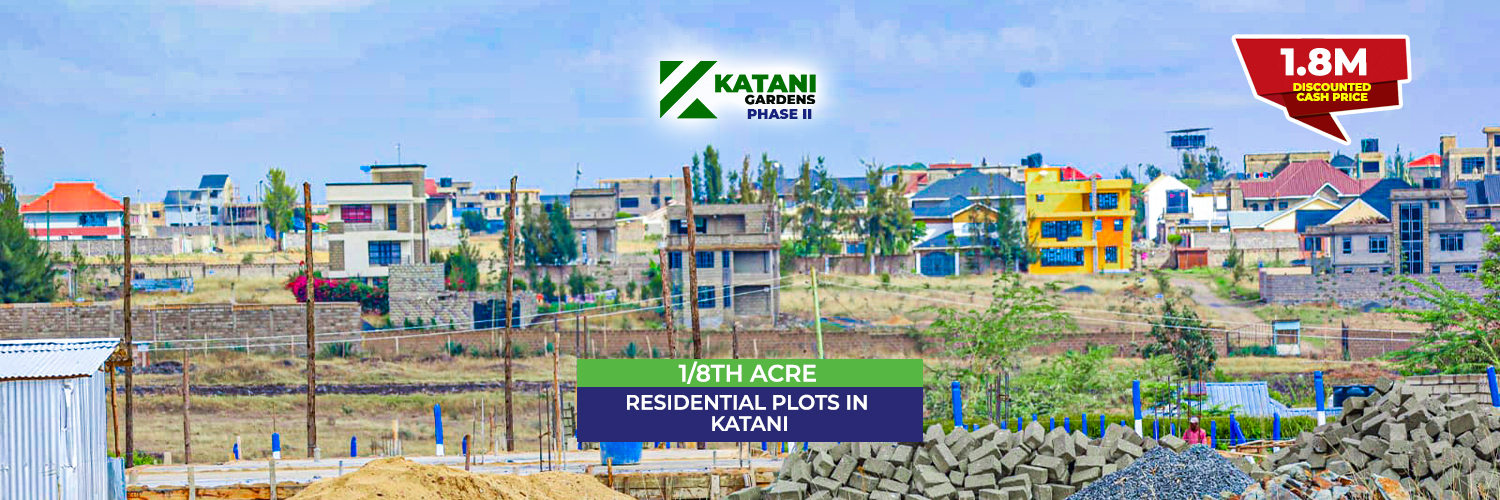.jpeg)
The 3 Types of Land Title Deeds In Kenya
There are three main types of title deeds commonly used in Kenya:
- Freehold Title Deed
- Leasehold Title Deed
- Sectional Title Deed.
1.Freehold Title Deeds:
Freehold title deeds represent absolute ownership of land or property. Owners of freehold title deeds have the right to use, develop, and transfer the land or property as they see fit. This type of title deed does not have any time restrictions and is considered the most secure form of land ownership in Kenya.
2.Leasehold Title Deeds:
Leasehold title deeds grant the holder the right to use and occupy land or property for a specified period, as stipulated in the lease agreement. The lease period typically ranges from 50 to 99 years, renewable upon expiry.
READ ALSO: PLOTS FOR SALE IN KITENGELA
3.Sectional Title Deeds:
Sectional title deeds are used to prove ownership for a unit in an apartment. With the rising population and demand for affordable housing in Kenya, many people opt to buy ready houses especially within the urban areas. Every individual with a unit has their own sectional title deed to prove ownership of their unit.
A land title deed is a document that proves ownership and legal rights over a piece of land. It is the most fundamental document required during a land transaction, and its details are usually changed from the vendor to the purchaser after a land transaction has taken place to show the transfer of ownership.
Let us explore the different types of title deeds and what you need to consider during the title transfer process, including how long it takes and all the costs associated with the title deed transfer process.
When looking to invest in a piece of land, the first thing you, as a buyer, will need to do is conduct an official title deed search at the local land registry. This is often done in the county office where the land is located.
In Kenya, there exist different types of title deeds as per the various land Acts that have been in existence from colonial times up to the post-independence era.
Types Of Land Title Deeds in Kenya include the following:.
- Absolute title deed: a title under the Registered Lands Act Cap 300 (repealed) for freehold land.
- Leasehold title deed: a title under the Registered Lands Act Cap 300 (repealed) for leasehold land.
- Sectional title: a title for a unit within a building, such as a flat or apartment.
The Land Registration Act, 2012 consolidates these several titles into the "Certificate of Title" or Certificate of the lease.
A Certificate of title is issued for freehold land, while a Certificate of the lease is for leasehold land.
Leasehold is a form of land tenure where a lessee holds rights to land for a specific period and is subject to conditions imposed on land rights by the lessor.
Examples in Kenya include 33, 50, 66, and 99-year government leases for urban plots. All 999-year leases were converted to 99-year leases with effect from 1st September 2009 when the current constitution was promulgated.
Freehold land ownership is a form of land tenure in which the landowner has maximum rights to land without restrictions in terms of a period of ownership and rights exercisable on the land.
Video Guide: Understanding the Three Types of Title Deeds in Kenya
Documents required to conduct a land search in kenya include:
- A copy of your identification document
- A copy of your KRA pin certificate
- A four-page copy of the land title deed
You will then need to fill out a search request form; in most cases, this will take no more than three working days.
The importance of a land search is to help ascertain:
- The legal owner of the land
- Whether there are cautions put on the title deeds due to disputes on the land or pending court cases regarding the land
- Whether there is a charge on the land, in cases where the title deed has been used as collateral for securing a credit facility or loan with a financial institution like a bank, etc.
Depending on the size and intended use of the land, you may also be required to get a registry index map (RIM) from the Survey of Kenya offices and have a surveyor physically ascertain that the measurements on the ground match those on the map.
The Requirements of Land Search in Kenya:
Once satisfied with the findings of an official title deed/land search, you will then need to obtain consent to transfer.
In cases where you are buying from an individual, it is important to have a lawyer involved; he or she will help with obtaining and notarizing the document. This is rarely required when buying from a real estate company.
The process of transferring a land title deed from one person to another often takes no more than 90 days. In order to do that.
The following documents are required to transfer Title Deed in Kenya:
- A copy of the valuation report
- Obtain Consent to transfer from the commissioner of Land
- Stamp duty assessment form and payment proof
- Rent clearance certificate
- Copies of ID and KRA PIN certificates
- 2 copies of colored passport size photos for each party
- Transfer consent from the commissioner of lands or the land control board
- The Original Copy of Title Deed
- Land rent clearance certificate
The procedure for transferring a title deed in Kenya is as follows:
- The purchaser obtains a land rent clearance certificate. This is often at no cost and is done at the office of the commissioner of land and takes not more than 20 days.
- The seller then needs to apply, pay, and obtain a rates clearance certificate from the county office in which the land is located. The certificate costs around Kshs 10,000.
- Apply for a search on the title deed, which takes not more than 3 working days at a cost of Kshs 500.
- The seller then needs to apply for and obtain the consent to transfer from the National land commission. The document costs about Kshs 1,000 and takes not more than 2 weeks.
- Valuation of the land by a government valuer to ascertain the amount to be paid as stamp duty.
- Paying the stamp duty: the amount indicated on the valuation report is then to be paid to the commissioner for Domestic taxes (KRA), and the payment receipt is presented as proof.
- The final step of the transfer is to lodge stamped transfer documents for registration at the local land office. This process takes no more than 2 weeks.




